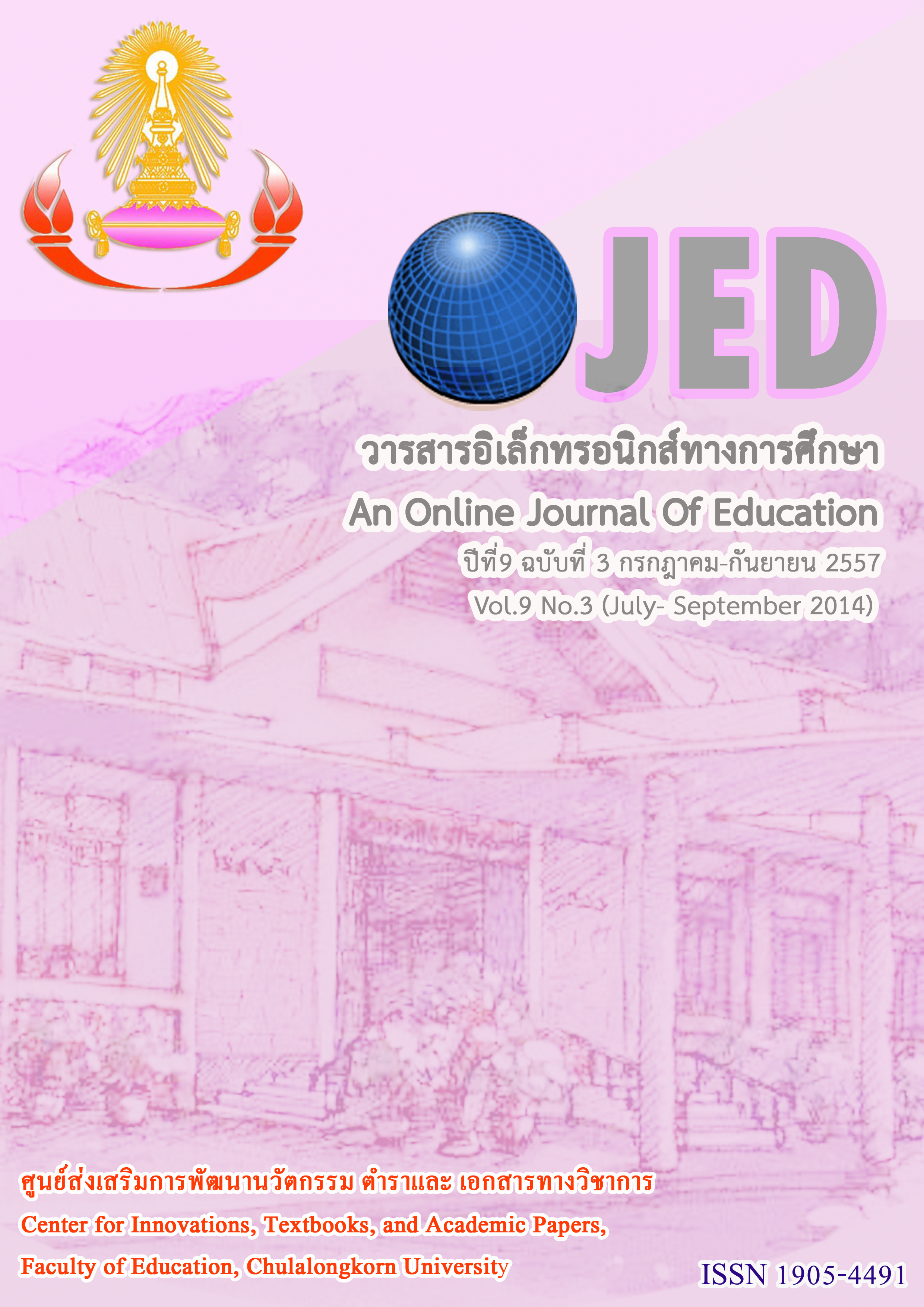การดำเนินงานตามโครงการโรงเรียนสีขาว หลักสูตรโตไปไม่โกงของโรงเรียนเครือข่ายที่ 40(2) สำนักงานเขตหนองจอก กรุงเทพมหานคร
Keywords:
โครงการโรงเรียนสีขาว หลักสูตรโตไปไม่โกง, การดำเนินงานตามโครงการ, ANTI CORRUPTION GROWING COURSES PROJECT, PROJECT MANAGEMENTAbstract
บทคัดย่อ
การวิจัยครั้งนี้มีวัตถุประสงค์เพื่อศึกษาสภาพการดาเนินงานตามโครงการโรงเรียนสีขาว หลักสูตรโตไปไม่โกงของโรงเรียนเครือข่ายที่ 40(2) สำนักงานเขตหนองจอก กรุงเทพมหานคร ประชากร คือ ผู้บริหาร และครู กรอบแนวคิดการวิจัย คือ วงจรการบริการงานคุณภาพ PDCA สถิติที่ใช้ คือความถี่และร้อยละ
ผลการวิจัย คือ 1.ด้านการวางแผน การกำหนดวัตถุประสงค์และเป้าหมายมีการปฏิบัติอยู่ในระดับมาก การกำหนดผู้รับผิดชอบการดาเนินงานมีการปฏิบัติอยู่ในระดับน้อย การจัดทาแผนและเวลาที่ใช้ในการดาเนินงานมีการปฏิบัติในระดับน้อย 2. ด้านการดำเนินงาน ขั้นตอนการวางแผนการดำเนินงานมีการปฏิบัติอยู่ในระดับน้อย การกำหนดขั้นตอนมีการปฏิบัติในระดับน้อย วิธีการแก้ไขปัญหาและอุปสรรคเกิดขึ้นมีการปฏิบัติอยู่ในระดับน้อย ความสอดคล้องของแผนการดำเนินงานและไม่พบปัญหาและอุปสรรคที่เกิดขึ้นระหว่างการดำเนินงานอยู่ในระดับน้อยที่สุด 3. ด้านการตรวจสอบและประเมินผล การตั้งคณะกรรมการตรวจสอบและประเมินผลการดำเนินงานมีการปฏิบัติอยู่ในระดับมาก การหาคุณภาพและการควบคุมคุณภาพเครื่องมือตรวจสอบและประเมินผลการดำเนินงานมีการปฏิบัติอยู่ในระดับน้อย วิธีการและรูปแบบการตรวจสอบและประเมินผลการดาเนินงานมีการปฏิบัติอยู่ในระดับน้อยที่สุด 4. ด้านการปรับปรุง วิธีการแก้ปัญหา ระยะเวลาปรับปรุงการดำเนินงานและการพัฒนาการดำเนินการตามโครงการมีการปฏิบัติอยู่ในระดับน้อย
คำสำคัญ: โครงการโรงเรียนสีขาว หลักสูตรโตไปไม่โกง/การดำเนินงานตามโครงการ
Abstract
The purposes of this research were to monitor and evaluate the Anti-corruption Growing Courses project management of schools cluster 40(2) Nongchok District Office Bangkok. The population of this study were administrators and teachers, with the PDCA cycle service quality serving as the perceptual framework. All these details were analyzed by using frequency and percentage.
The findings of this research were as follows:
1. Planning the objectives and establishing targets were rated at a high level. The task of assigning appropriate individuals to be responsible for the operation was performed at a low level. The evaluation also determined that the time spent on preparation and for carrying out the operation was not excessive. 2. The implementation of the plan was performed at the highest level, and the organization of the plan that was set in place was at a low level. In contrast, the ability to solve problems if obstacles arose was at a low level, and the consistency of the plan and the incidence of problems and obstacles during the implementation performed were at the lowest level. 3. A committee was set up to monitor and evaluate the operation, which met the criteria for high-level performance. However, the tools used for determination of quality and quality control inspection were evaluated at a low level, and the methods of pattern detection and evaluation were performed at the lowest level. 4. It was determined that insufficient time was allowed for a solution period to update the operation and process development. This action area was performed at the lowest level.
KEYWORDS: ANTI CORRUPTION GROWING COURSES PROJECT / PROJECT MANAGEMENT




